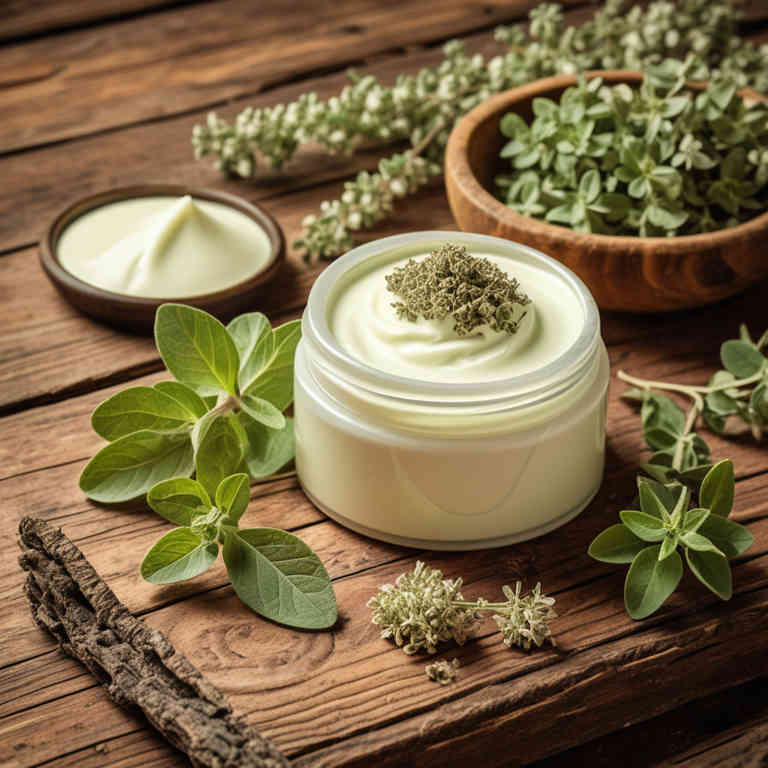10 Best Origanum Vulgare Preparations
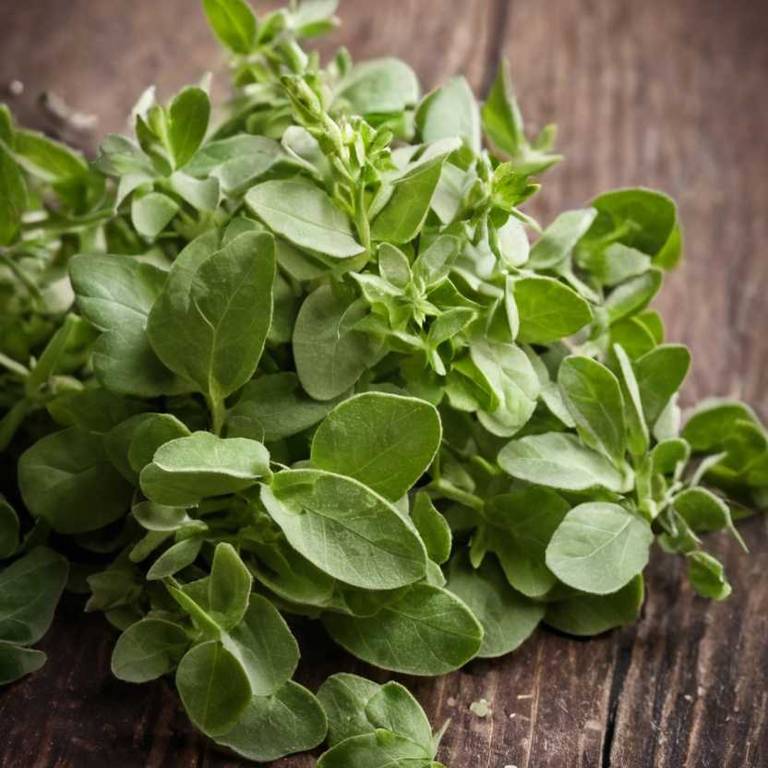
The best medicinal preparations of Origanum vulgare are teas, decoctions, tinctures, capsules, and oils, each offering unique benefits for health and wellness.
Herbal teas made from dried leaves and flowers are commonly used to soothe digestion and relieve respiratory issues.
Decoctions involve simmering the herb to extract its potent compounds, often used for more intense therapeutic effects.
Tinctures provide a concentrated form of the herb, easily absorbed into the bloodstream for quick action.
Capsules and oils offer convenient and long-lasting options for daily use, supporting immune function and skin health.
Below there's a list of the 10 best herbal preparations of origanum vulgare for medicinal purposes.
1. Teas
Origanum vulgare teas is commonly used to alleviate digestive issues, reduce inflammation, and support respiratory health.
This herbal preparation is often used to treat ailments such as indigestion, nausea, coughs, and colds. The most common medicinal uses include soothing sore throats, easing menstrual cramps, and promoting mental clarity. The bioactive constituents responsible for its medicinal properties include essential oils like carvacrol and thymol, as well as flavonoids and phenolic acids.
These compounds possess antimicrobial, antioxidant, and anti-inflammatory effects that contribute to the plant's therapeutic benefits.
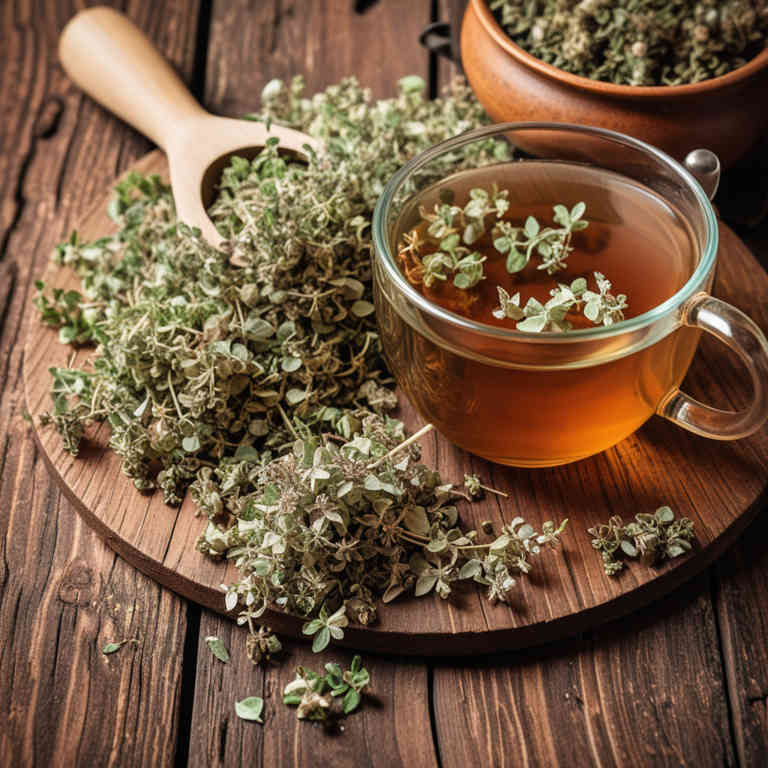
2. Decoctions
Origanum vulgare decoctions is commonly used to treat respiratory tract infections, digestive issues, and inflammatory conditions due to its antiseptic, carminative, and anti-inflammatory properties.
These decoctions are often employed to alleviate symptoms of colds, coughs, bronchitis, and gastritis. They are also used to relieve menstrual cramps and reduce nausea. The bioactive constituents responsible for these effects include essential oils such as carvacrol and thymol, which have antimicrobial and antioxidant properties, as well as flavonoids and phenolic acids that contribute to its anti-inflammatory and digestive benefits.
Additionally, the presence of rosmarinic acid enhances its ability to combat oxidative stress and support immune function.
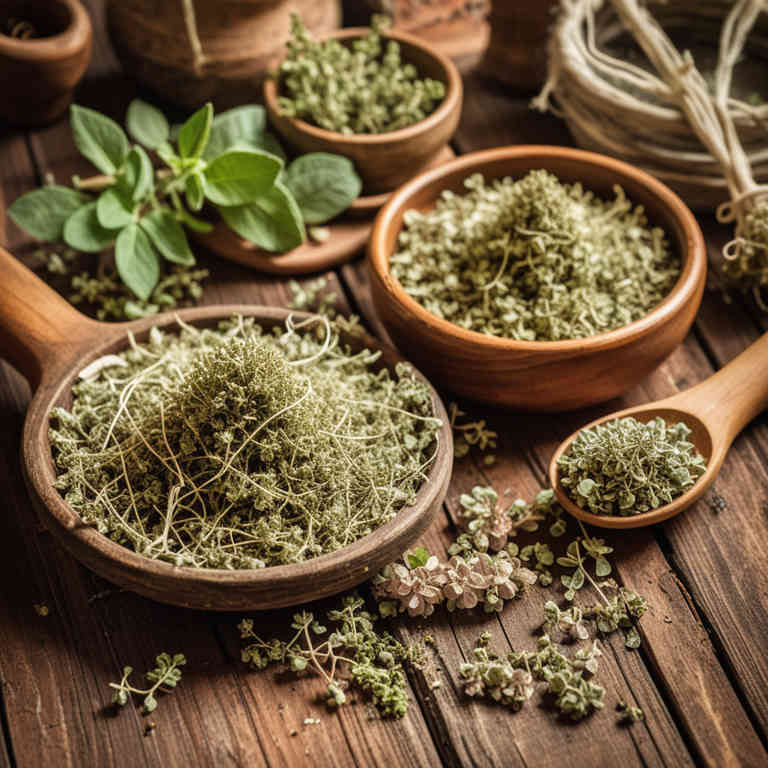
3. Tinctures
Origanum vulgare tinctures is commonly used to treat respiratory infections, digestive issues, and skin conditions due to their antimicrobial and anti-inflammatory properties.
These tinctures are often employed to alleviate symptoms of colds, coughs, and bronchitis by reducing mucus production and soothing irritated airways. They are also used to address gastrointestinal problems such as indigestion and bloating, thanks to their carminative effects. Additionally, Origanum vulgare tinctures may help with skin infections and inflammation due to their antiseptic qualities.
The bioactive constituents responsible for these medicinal effects include essential oils like carvacrol and thymol, which exhibit strong antimicrobial activity, as well as flavonoids and phenolic compounds that contribute to its anti-inflammatory and antioxidant properties.
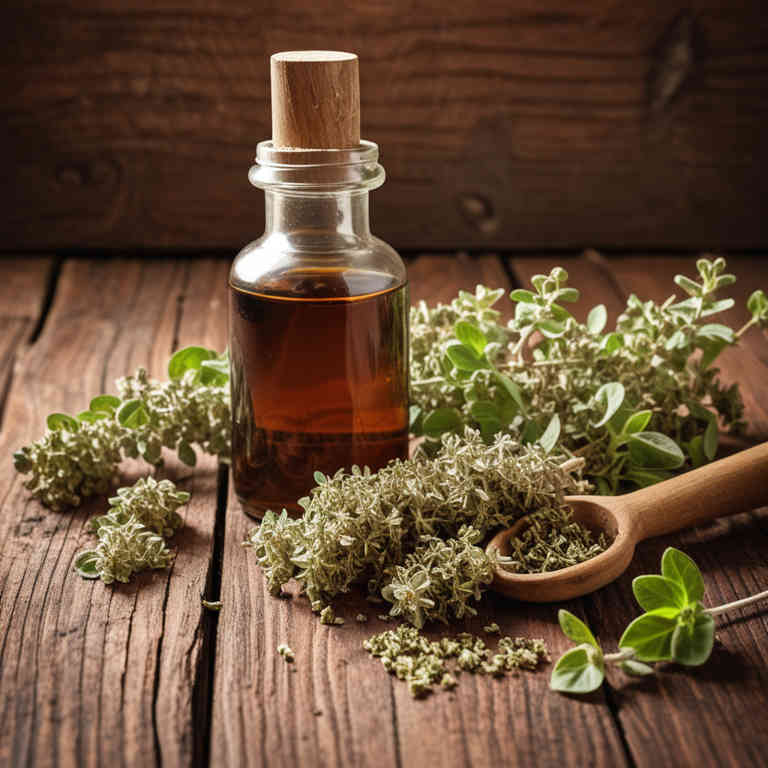
4. Capsules
Origanum vulgare capsules is commonly used to support digestive health, alleviate respiratory symptoms, and reduce inflammation.
They are frequently employed to treat ailments such as indigestion, bloating, coughs, sore throats, and skin infections. The bioactive constituents responsible for these medicinal properties include compounds like carvacrol, thymol, rosmarinic acid, and flavonoids, which exhibit antimicrobial, antioxidant, and anti-inflammatory effects. These active components help in soothing the gastrointestinal tract and enhancing immune response.
Additionally, Origanum vulgare capsules may also aid in reducing nausea and promoting overall well-being.
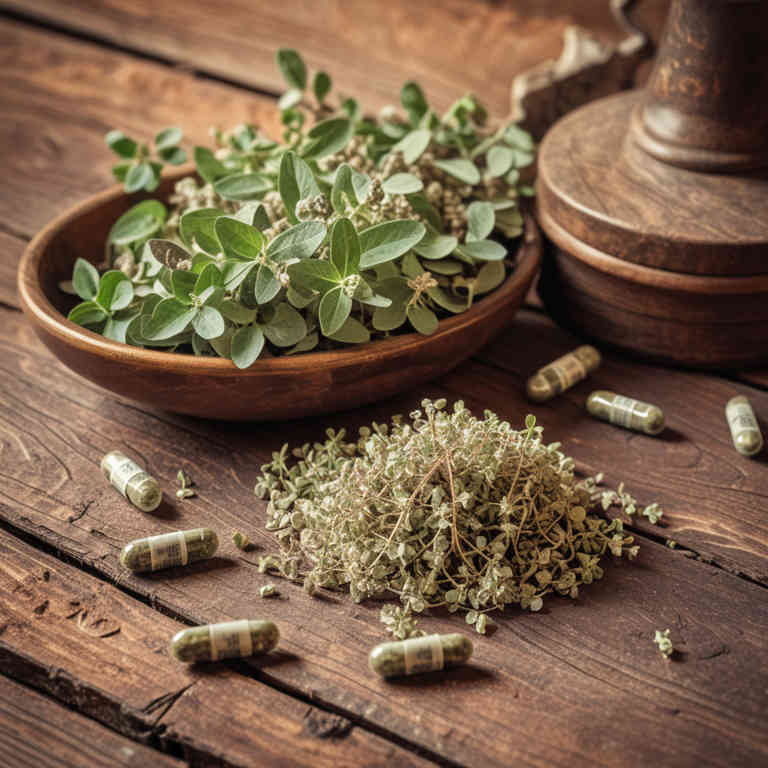
5. Oils
Origanum vulgare oils is commonly used to treat digestive issues, respiratory infections, and skin conditions due to its antimicrobial and anti-inflammatory properties.
The most common medicinal uses include alleviating symptoms of colds, coughs, and sore throats, as well as aiding in digestion and reducing bloating. It is also used topically to treat minor skin irritations, fungal infections, and insect bites. The bioactive constituents responsible for these effects include carvacrol, thymol, and terpenes, which possess antimicrobial, antioxidant, and anti-inflammatory activities.
These compounds contribute to the oil's effectiveness in supporting immune function and promoting overall wellness.

7. Syrups
Origanum vulgare syrups is commonly used to treat respiratory tract infections, digestive issues, and to support the immune system.
These syrups are often employed for alleviating symptoms of coughs, colds, sore throats, and indigestion due to their antimicrobial and anti-inflammatory properties. The most common medicinal uses include reducing inflammation, combating bacterial and viral infections, and easing digestive discomfort. The bioactive constituents responsible for these effects include volatile oils such as carvacrol and thymol, as well as flavonoids and phenolic acids, which exhibit antioxidant, antiseptic, and anti-inflammatory activities.
These compounds work synergistically to provide the therapeutic benefits associated with Origanum vulgare syrups.
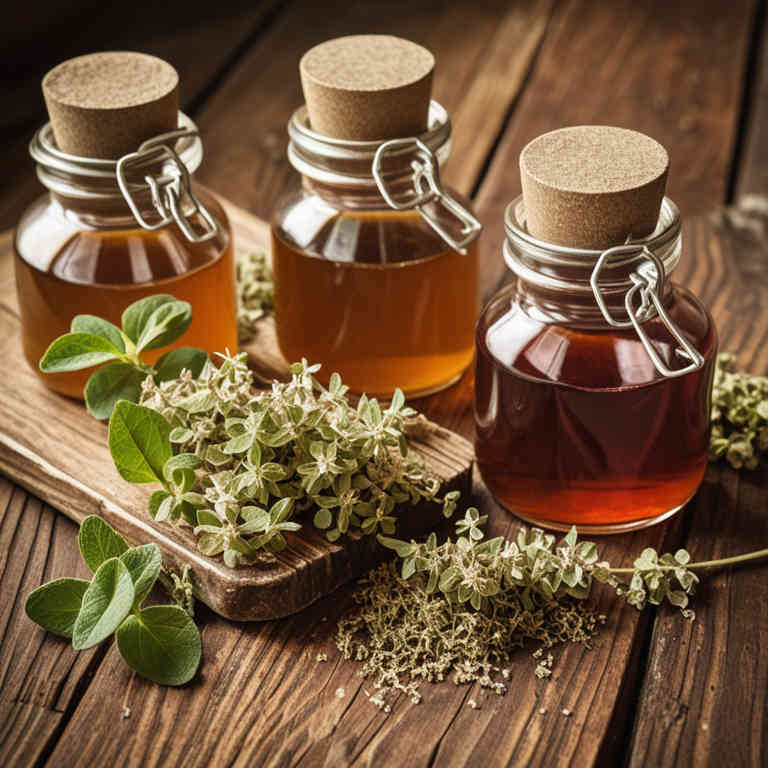
8. Lozenges
Origanum vulgare lozenges is commonly used to alleviate symptoms of respiratory tract infections, such as sore throat, cough, and bronchitis.
These lozenges are also used to reduce inflammation and soothe irritation in the throat, making them popular for treating colds and flu. The most common medicinal uses include relief from sore throat, cough, and digestive issues like bloating and gas. The bioactive constituents responsible for these effects include flavonoids, phenolic acids, and carvacrol, which have antimicrobial, anti-inflammatory, and antioxidant properties.
These compounds work together to provide the therapeutic benefits associated with Origanum vulgare.
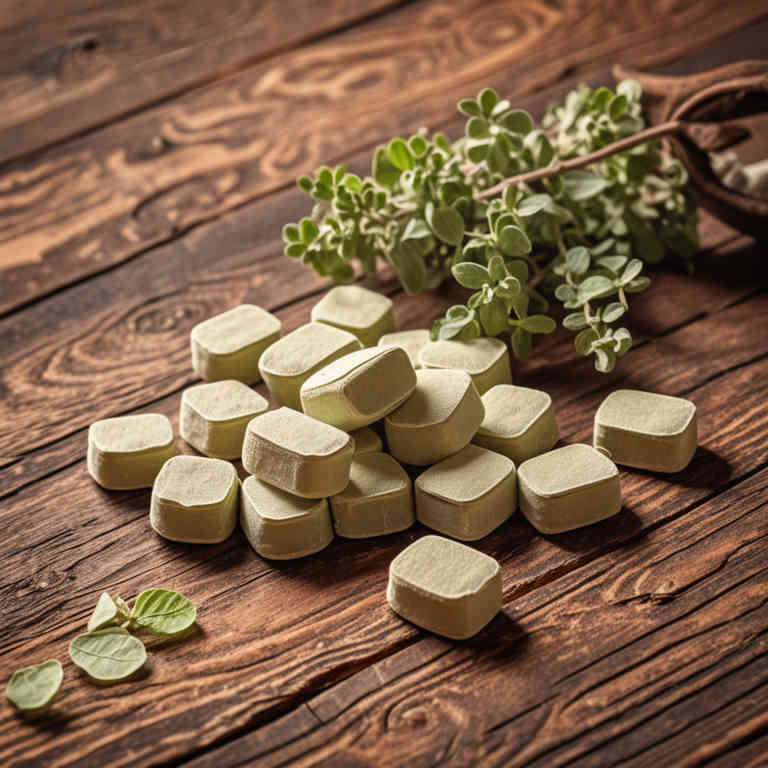
9. Gargles
Origanum vulgare gargles is commonly used to relieve symptoms of sore throat, cough, and respiratory infections.
This herbal preparation is widely recognized for its antimicrobial and anti-inflammatory properties, making it effective in treating conditions such as pharyngitis, tonsillitis, and laryngitis. The most common medicinal uses include soothing irritated mucous membranes and reducing inflammation in the throat. The bioactive constituents responsible for these effects include essential oils like carvacrol and thymol, which exhibit strong antimicrobial activity.
Additionally, flavonoids and phenolic compounds contribute to its anti-inflammatory and antioxidant properties.

10. Creams
Origanum vulgare creams is commonly used to alleviate symptoms of skin conditions, muscle pain, and inflammation.
These creams are often applied topically to treat ailments such as eczema, psoriasis, and minor cuts or burns. The most common medicinal uses include reducing inflammation, soothing skin irritation, and providing antimicrobial protection. The bioactive constituents responsible for these effects include carvacrol, thymol, and terpenes, which possess antimicrobial, anti-inflammatory, and antioxidant properties.
These compounds work synergistically to enhance the therapeutic benefits of the cream.
